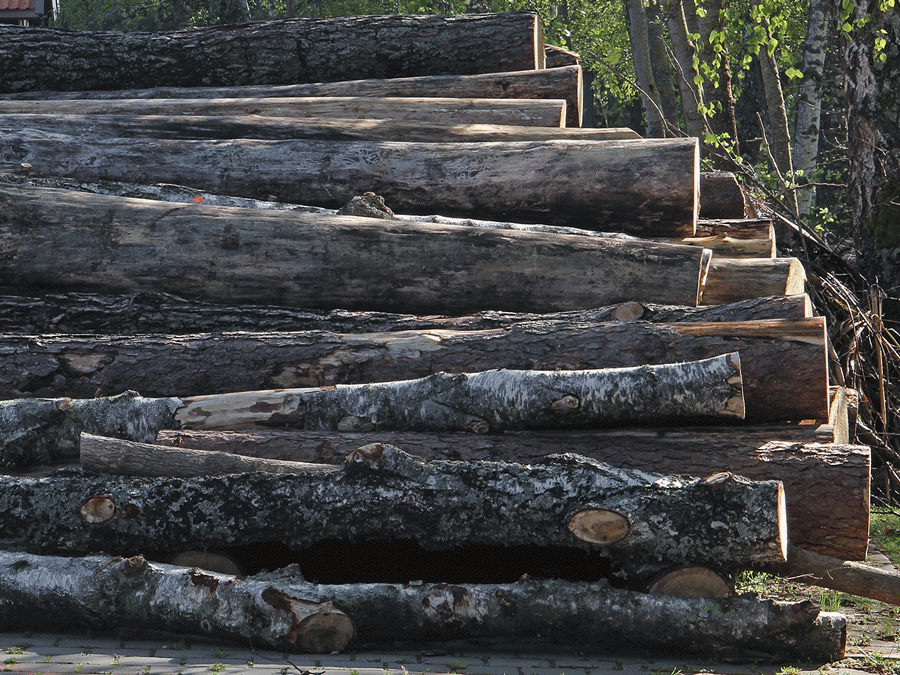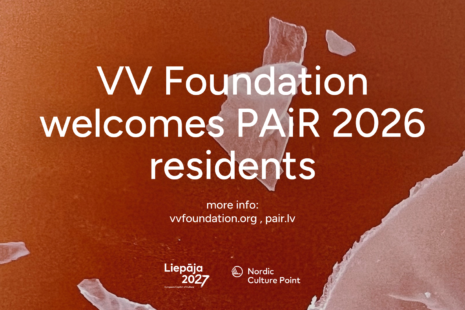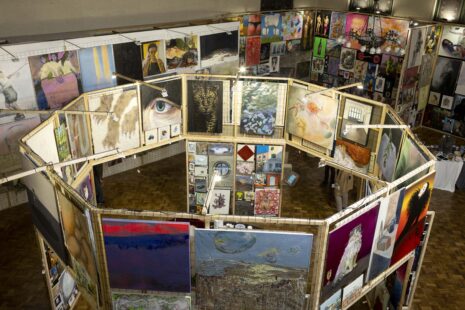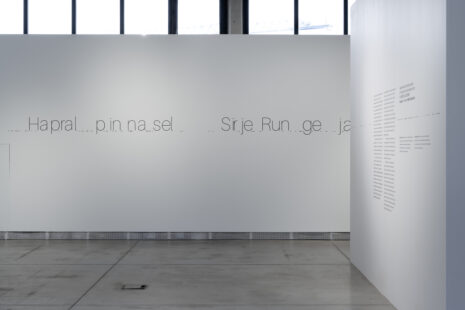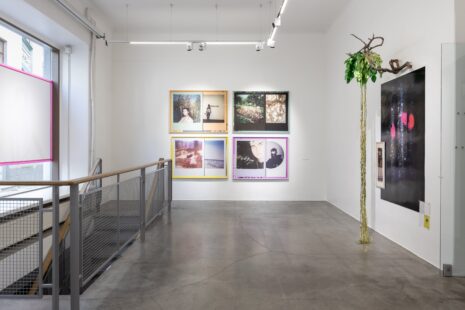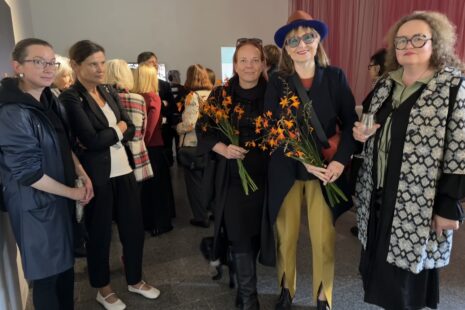NAC is located on the Curonian Spit, a 98km-long sand dune shared by Lithuania and Russia, separating the Curonian Lagoon from the Baltic Sea. It is a UNESCO World Heritage Site. Here, forests planted over the span of 200 years formed an environment dedicated to managing natural geomorphological processes. In this human-made space, actions were and continue to be planned, executed and represented by a range of state and civic agencies that translate natural processes into data, tables, systems, and regulations.
Neringa Forest Architecture analyses this cultural landscape as a case study in the context of Baltic and Scandinavian forests by tracing the relationship between ecological, recreational, representational, and industrial narratives, and by presenting the possibility to perceive the forest as an infrastructure formed by a diverse civic consensus. In this residency, the trees of the Curonian forest and all of its distinct eco-socio-political features are literally, and figuratively, the foundational material of the programme.
As discussions surrounding human intervention and activities in the natural landscape gain increasing significance, NAC’s new programme positions the forests of the Curonian Spit as a foundation from which residents can analyze the broader scope of forest-as-infrastructure in the Nordic-Baltic region. This research/residency programme is an attempt to align local spatial practices with an international network of creative practitioners while redefining the Neringa Forest as a conceptually expansive space: a space of, and for, thinking and producing.
Who can apply
NAC is encouraging designers, architects, artists, historians, new materials’ scientists and forest researchers, in particular women and underrepresented minorities, to propose projects featuring intersecting, interdisciplinary practices, which have the potential to rearticulate society’s relationship to this particular woodland environment. The programme is also open to curators, as well as those working with performing arts, sound, material research/craft, and film. In addition, interdisciplinary proposals from professionals in other fields are welcome.
Residency duration and application deadline
-Applicants based in Lithuania: one to two months within the period of November and December 2020. Application deadline: October 4, 2020, Midnight EET
-Applicants from Latvia, Estonia and the Nordic region: one to two months within the period of December 2020 and March 2021. Application deadline: November 1, 2020, Midnight EET

